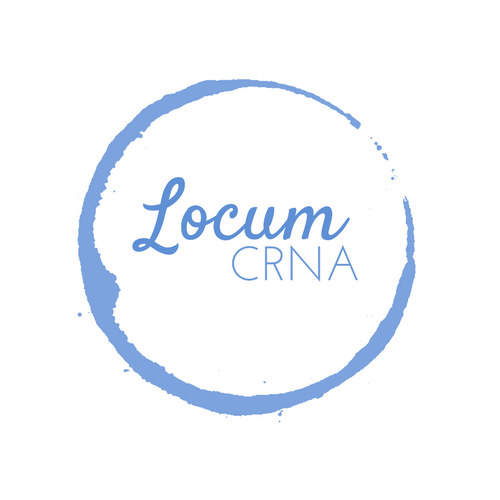As a locum anesthesia provider I like to try different anesthesia groups cocktails for pain and nausea. I have yet to see one that uses alternative therapies like inhalation, acupuncture, or acupressure. I just don't see them very often. I was approached on Linked In about a product and them wanting to put it up as a blog post. I can't say that I have used or endorse the product as I am just learning about it. Information and being able to know about it if/when it becomes popular is nice. So here is the information which I was provided. I will include the picture and this is what was written by Joseph.
United Behind the Best PONV Management Choices
Postoperative nausea is still commonplace in patients following surgery. Nausea drug therapy recommendations for multi-modal use associated with surgical procedures have proven less than optimal. Clearly, prophylactic antiemetic drug combinations have not been always adequate enough to prevent and/or treat existing early and late postoperative nausea.
The decision-making process to shore up the foundation of pharmacological choices for postoperative nausea and vomiting (PONV) management could use a new course of direction that allows for the inclusion of non-pharmacological treatment strategies to achieve widespread optimal prevention results.
One such choice is the non-pharmacological prophylactic antiemetic practice of the (P6) pericardium pressure point for preventing nausea/emesis in surgery patients practiced by Eastern medicine surgeons. Eastern medicine relies heavily on strict adherence to an effective scientific process involving 360 acupoints in the human body.
For example, the practice of the P6 pressure point seems more readily adaptable in a surgery patient’s environment compared to drug therapy because of its continuous acupoint stimulation process, which is believed to provide for the normalization or re-establishment of the balance of the body’s function related to the stomach and central and peripheral nervous system resulting in optimal management of PONV.
The Pressure Right® non-pharmacological prophylactic antiemetic adhesive device provides the P6 effect for achieving optimal PONV management results. Its locum use in combination with drug therapy can either be implemented prior to the induction of anesthesia or as a treatment strategy. The device’s stimulation process takes effect within 5-minutes and its antiemetic effect can last up to 3-days or 72-hours, which is considered the longest prescribed routine antiemetic effect on the market today.
As a point of reference, the unusually high incidence of PONV associated with aesthetic plastic surgery and laparoscopic patients were dramatically reduced with Pressure Right used in combination with routine antiemetic drug therapy. With aesthetic plastic surgery, no emesis at all and very rare nausea was reported. Furthermore, in laparoscopic clinical trialing of Pressure Right there was only very rare emesis and nausea reported after surgery. In addition, there have been no reported adverse side effects associated with this device.
Pressure Right has pre-market approval from the USFDA as a prescribed non-pharmacological acupressure nausea/emesis therapy device. It is intended for adult use 18 years and older and is a non-invasive, hypoallergenic and latex-free, pair of adhesive strips to be worn on both wrists. The adhesive strips are designed not to go completely around the patient’s wrists and will not interfere with the surgical procedure.
Ask about our 7-patient sample package; whereby, Certified Registered Nurse Anesthetists as well as Surgeons and the nursing staff will be able to recognize the immediate and optimal antiemetic effect of Pressure Right. Applying Pressure Right as a treatment strategy for established PONV will demonstrate its optimal effectiveness on patients almost immediately.
Contact us about Pressure Right. A new form of optimal PONV management awaits you.
Contact: Joseph DiLustro, CEO, Pressure Point Inc. for additional details at:
Email: therapeutics101@verizon.net
Phone: (908) 601-8877
Wrist Acupuncture Or Acupressure Prevents Nausea From Anesthesia, Review Finds
Date:
April 16, 2009
Source:
Center for Advancing Health
Summary:
Up to 80 percent of patients who have surgery complain of nausea and vomiting afterwards, but stimulating an acupoint in their wrists can help reduce these symptoms, finds a new evidence review.
Stimulation of the wrist acupuncture point P6 for preventing postoperative nausea and vomiting.
Author information
Department of Anaesthesia and Intensive Care, Chinese University of Hong Kong, Prince of Wales Hospital, Shatin, Hong Kong. annalee@cuhk.edu.hk
Update in
Stimulation of the wrist acupuncture point PC6 for preventing postoperative nausea and vomiting. [Cochrane Database Syst Rev. 2015]

